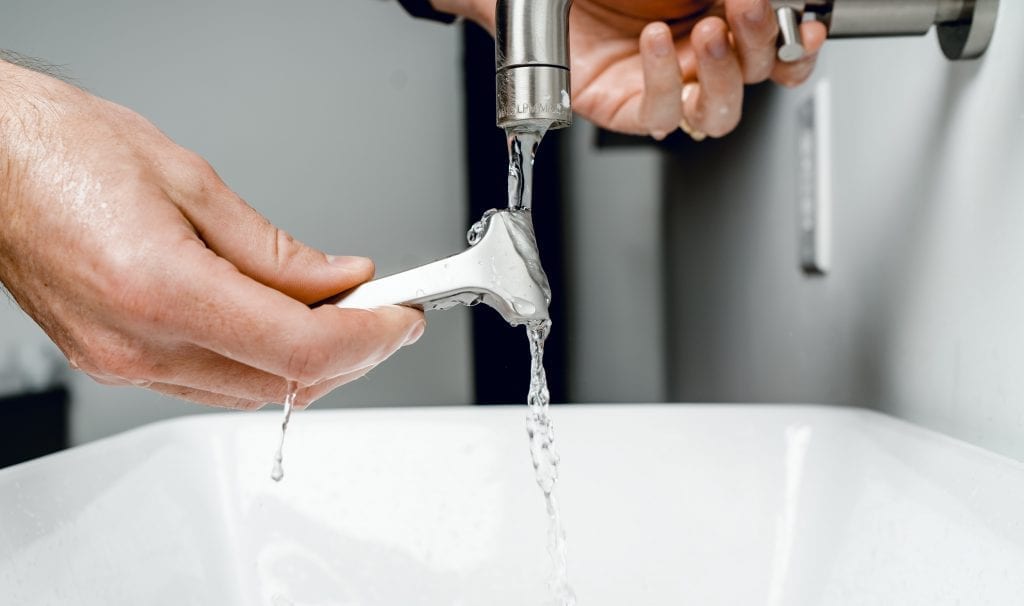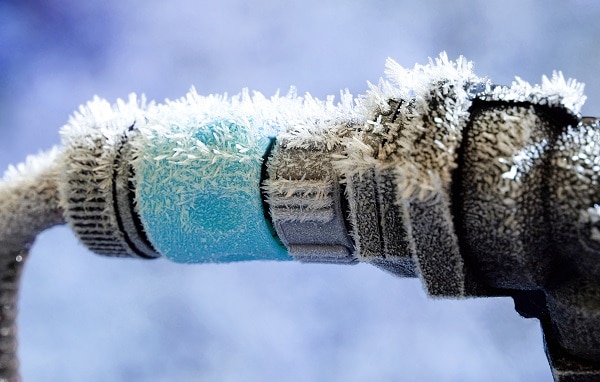Escape the Freeze: Five Essential Hacks to Keep Your Pipes From Bursting This Winter
Escape the Freeze: Five Essential Hacks to Keep Your Pipes From Bursting This Winter
Blog Article
The article following next involving Winterizing Your Pipes is definitely engaging. You should look it over.

All house owners who reside in warm climates have to do their ideal to winterize their pipelines. It is something you have to do during autumn before deep winter really starts. Failing to do so can mean disaster like frozen, split, or ruptured pipes. Below are some handy winterizing hacks to maintain your plumbing system protected even if the weather condition exterior is shocking.
Attempt a Hair Dryer or Heat Weapon
When your pipelines are practically freezing, your reliable hair dryer or warmth weapon is a godsend. If the warm towels do not help remove any kind of settling ice in your pipes, bowling hot air directly right into them might help. You may end up damaging your pipes while attempting to thaw the ice.
Open Up Cupboard Doors Hiding Plumbing
When it's cool outside, it would certainly be valuable to open cabinet doors that are masking your pipes. Doing this small method can keep your pipes cozy as well as restrict the possibly unsafe end results of freezing temperatures.
Require Time to Wrap Exposed Pipes
One nifty as well as simple hack to warm up cold pipes is to cover them with warm towels. You can cover them initially with towels. After securing them in place, you can pour boiling water on the towels. Do it gradually to let the towels absorb the fluid. You can also use pre-soaked towels in hot water, just don't neglect to wear safety handwear covers to protect your hands from the warmth.
Activate the Faucets
When the temperature level decreases and also it appears as if the icy temperature will certainly last, it will certainly help to activate your water both indoors and also outdoors. This will maintain the water streaming with your plumbing systems. On top of that, the activity will certainly slow down the freezing process. Significantly, there's no requirement to turn it on full force. You'll wind up throwing away gallons of water in this manner. Instead, go for concerning 5 drops per min.
Shut Off Water When Pipes are Frozen
If you observe that your pipes are entirely frozen or almost nearing that stage, transform off the major water shutoff promptly. You will usually locate this in your cellar or laundry room near the heating unit or the front wall closest to the street. Transform it off immediately to prevent more damage.
With more water, even more ice will certainly load up, which will eventually lead to burst pipes. If you are uncertain regarding the state of your pipes this wintertime, it is best to call an expert plumber for an examination.
All property owners who live in warm climates must do their ideal to winterize their pipelines. Failing to do so can mean catastrophe like icy, split, or burst pipes. If the warm towels do not aid dislodge any type of settling ice in your pipelines, bowling hot air straight right into them may help. Turn off the primary water shutoff instantly if you observe that your pipelines are totally frozen or nearly nearing that phase. With even more water, more ice will load up, which will at some point lead to burst pipelines.
PREVENT YOUR PIPES FROM FREEZING THIS WINTER
A Leading Cause of Property Damage
When the weather is taking a deep nose dive into the cold dreary days, the risk of your pipes freezing and potentially bursting skyrockets. Unfortunately, during these cold dreary months, burst pipes are the most common denominator for property damage. The pipes that are most at the risk are those that are in areas where it is most cold in your home. For instance, pipes located in interior places such as basements, attics, and your garage. Unfortunately, that doesn’t mean that the pipes running through your cabinets or exterior walls can’t freeze. Good news, however, is that you can do things to help prevent pipes from freezing.
How to Prevent Pipes From Freezing
Once the temperature starts to drop during the winter, you should be taking the proper measures needed to ensure that your pipes stay warm and that there is circulation of water through them. Some steps that experts may recommend could go against your better judgement when it comes to saving water and heat. However, it would go without saying that when expenses are compared, damaged pipes could put a bigger dent in your wallet than a water bill.
What Can I Do?
Keep your garage door closed. This is very important, especially if you have water supply lines running through your garage. Open your kitchen and bathroom cabinets to allow warm air to circulate through them. Allow air circulation throughout your home. Keeping the interior doors open will once again allow the warm air to circulate inside your home. Ensure your thermostat is running the same temperature throughout the night and day. If you plan to be away from home during the cold months, set your temperature no lower than 55° F. This should provide enough heat to keep the pipes warm and prevent any remaining water inside the pipes from freezing. For more of a long-term solution, add insulation to attics, basement, and other crawl spaces around your home. By allowing your faucet to drip, it will alleviate pressure in the system. This is important because the pressure that is created between the blockage and the faucet can potentially cause the pipes to burst. Allowing the faucet to drip will prevent the pressure from building up, therefore keeping the pipes from bursting. Seal any cracks, openings, and crawl spaces around your home to prevent cold air from coming inside. This keeps your pipes-not to mention your home-warmer and less susceptible to issues caused by freezing temperatures. For the pipes in your home that are easily accessible, applying electrical tape to them might prevent them from freezing over. This is a quick fix, as you can apply the tape directly to the pipe. There are two options for heating tapes. One turns on and off by itself when it senses heat is needed. The other type of heating tape needs to be applied when heat is needed and removed when not necessary. If you have exposed pipes in your home, you can check this website to take a look at a few options that would be available at a shop near you.

Hopefully you enjoyed our post on How to stop pipes from freezing during the winter. Thanks so much for taking a few minutes to browse our piece. Sharing is nice. Helping others is fun. Thank you for your time. Please stop by our blog back soon.
Call Today Report this page